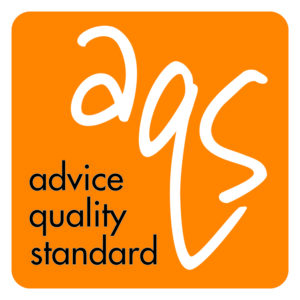The UK’s benefits system is poorly funded, and designed without empathy or knowledge of the real lives of those living in poverty. Here’s one Bench Advice worker’s experience of what happens when the system goes wrong.
The death of Errol Graham was widely reported last week, a vulnerable man who died of starvation after his DWP benefits were stopped. His body was found by the bailiffs who had come to the house to evict him.
For advice workers like myself who assist vulnerable people to enforce their welfare benefits rights, this story is awful, but not surprising. Every single week I see clients with physical and mental health problems whose benefits have been stopped, sanctioned or reduced for reasons that are unfair, unclear, arbitrary or unlawful.
One of them has agreed for me to share his story. All names have been changed.
John is a long term client at Bench Outreach. He has significant mental health problems and poor levels of literacy. He is a vulnerable adult who cannot use a computer and needs support to access his Universal Credit (UC) account.
Just after the New Year, John attended the office in a distressed state. He asked me to look at a letter he had received from the council tax department. It informed him that because his Universal Credit claim had been closed, his council tax reduction had been automatically stopped (see previous blog post The Domino Effect). Because John was not able to log onto his online UC account on his own, he had had no idea the claim had been closed. When we logged on to his UC account we discovered that his claim had, indeed, been closed and his payments stopped.
John is too unwell to work; he is not expected to look for work or participate in “work related activity”. His claim had been closed because he did not log on to his UC account and digitally accept his “claimant commitment.” His so-called “commitment” was zero hours of work.
Despite a note on his journal from me explaining that John is a vulnerable claimant who does not have digital access, only one telephone call was made to John before his claim was closed and his only source of income stopped.
I assisted John to lodge a “mandatory reconsideration” asking the DWP to reconsider the decision in light of the circumstances. It took three weeks of telephone calls and emails to get his UC and council tax reduction reinstated, during which time he had no income and was reliant on the food bank to eat.
The system is not working for vulnerable, unwell clients like John. With a Conservative government likely to be in power for the next 5 years it’s obvious that Universal Credit is not going anywhere. At Bench Outreach we’d like to see the following changes, as a minimum, to support vulnerable and low income clients:
- A much shorter wait for the first payment. Five weeks without any money is too long and the advance payment system just means that clients have a reduced income for months as they pay it back
- A clean slate with regard to previous overpayments. The majority of our clients have crippling deductions from budgeting loans or tax credit overpayments, some of them from over 10 years ago
- Fewer or no medical re-assessments for people who have long term conditions that are not likely to change or improve
- If a client is vulnerable due to mental or physical health problems, homelessness, domestic violence etc the DWP should make be obliged to speak to the client, their support worker or agreed family members prior to stopping their payments
John has his UC up and running again, he’s managing. He knows that if there’s a problem he can come to our office to get help and support. Bench Outreach shouldn’t have to exist, a compassionate society should support and protect vulnerable people like John and Errol Graham. Unfortunately the safety net is threadbare and our work is more important than ever.




